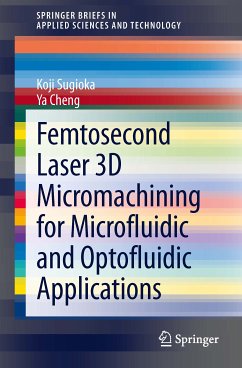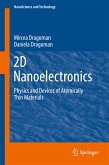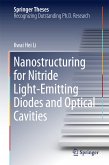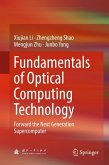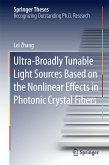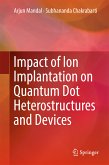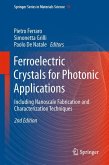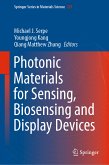Femtosecond lasers opened up new avenue in materials processing due to its unique features of ultrashort pulse width and extremely high peak intensity. One of the most important features of femtosecond laser processing is that strong absorption can be induced even by materials which are transparent to the femtosecond laser beam due to nonlinear multiphoton absorption. The multiphoton absorption allows us to perform not only surface but also three-dimensionally internal microfabrication of transparent materials such as glass. This capability makes it possible to directly fabricate three-dimensional microfludics, micromechanics, microelectronics, and microoptics embedded in the glass. Further, these microcomponents can be easily integrated in a single glass microchip by the simple procedure using the femtosecond laser. Thus, the femtosecond laser processing provides some advantages over conventional methods such as traditional semiconductor processing or soft lithography for fabrication of microfludic, optofludic, and lab-on-a-chip devices, and thereby many researches on this topic are currently being carried out. This book presents a comprehensive review on the state of the art and future prospects of femtosecond laser processing for fabrication of microfludics and optofludics including principle of femtosecond laser processing, detailed fabrication procedures of each microcomponent, and practical applications to biochemical analysis.
Dieser Download kann aus rechtlichen Gründen nur mit Rechnungsadresse in A, B, BG, CY, CZ, D, DK, EW, E, FIN, F, GR, HR, H, IRL, I, LT, L, LR, M, NL, PL, P, R, S, SLO, SK ausgeliefert werden.

